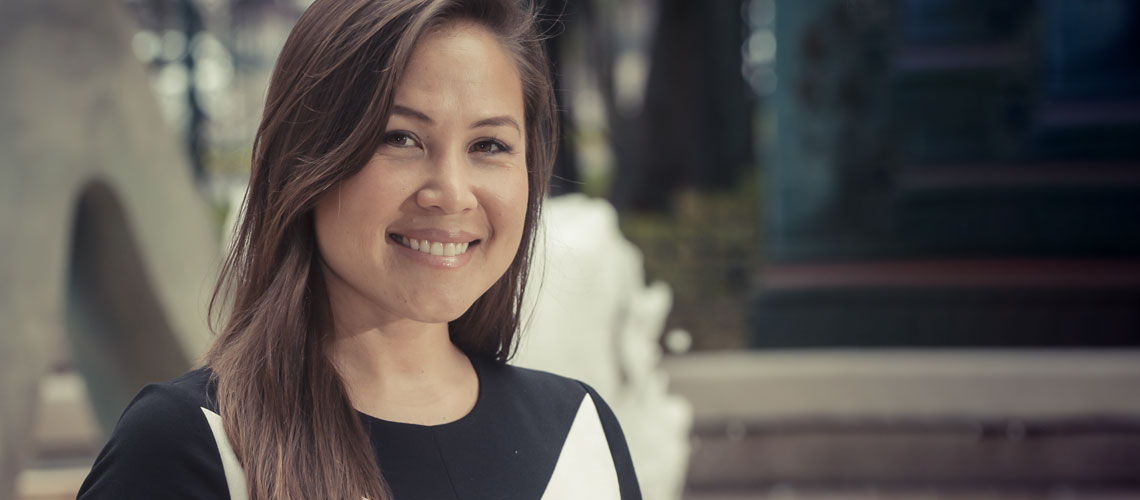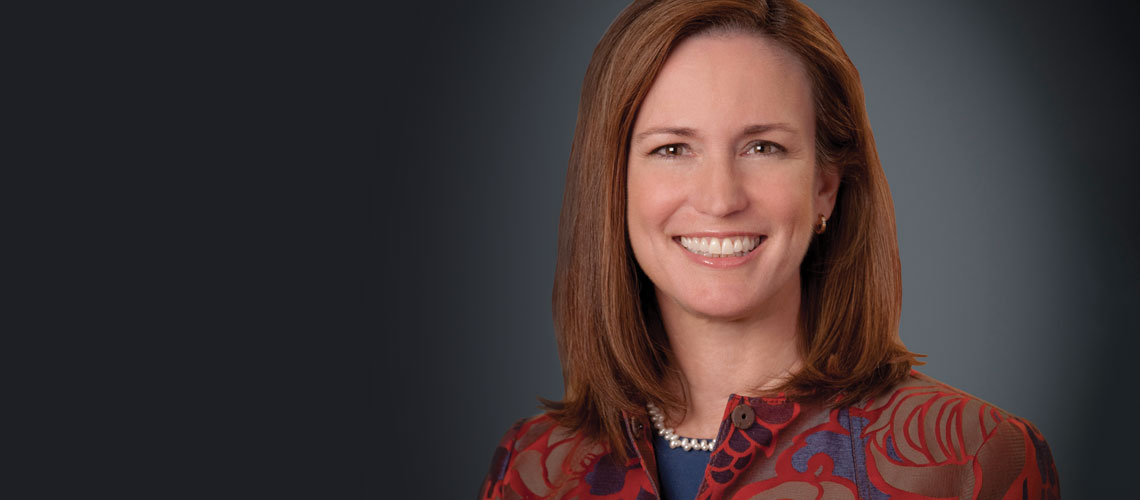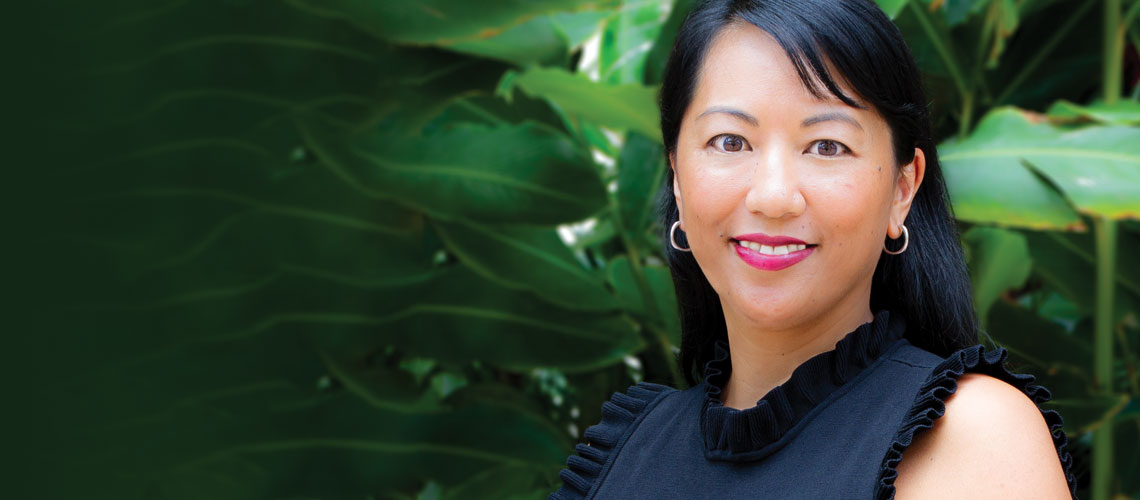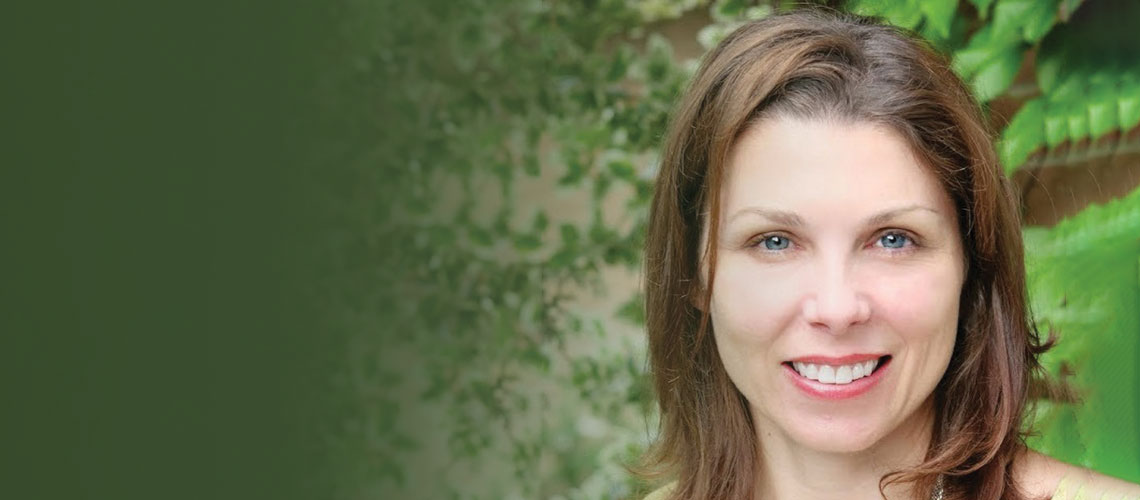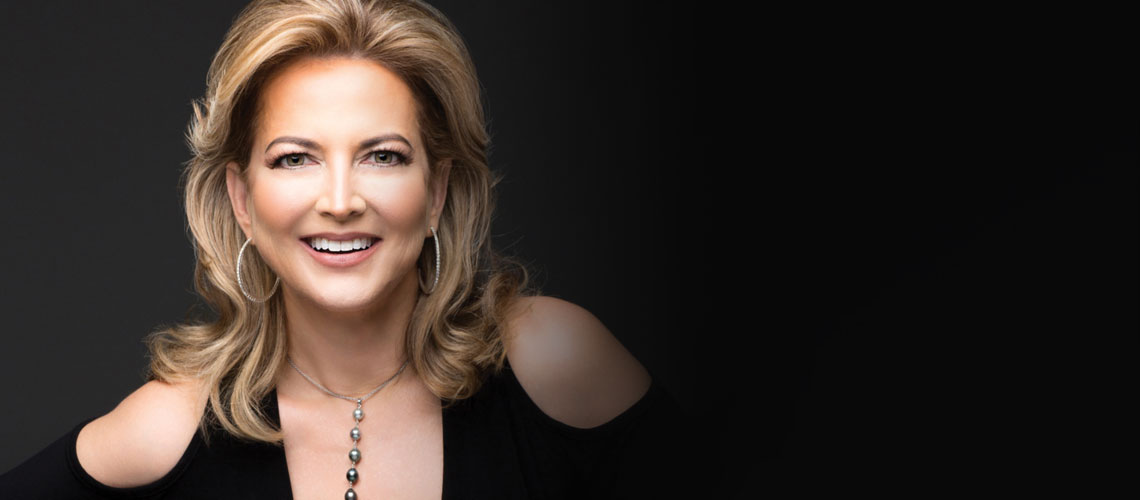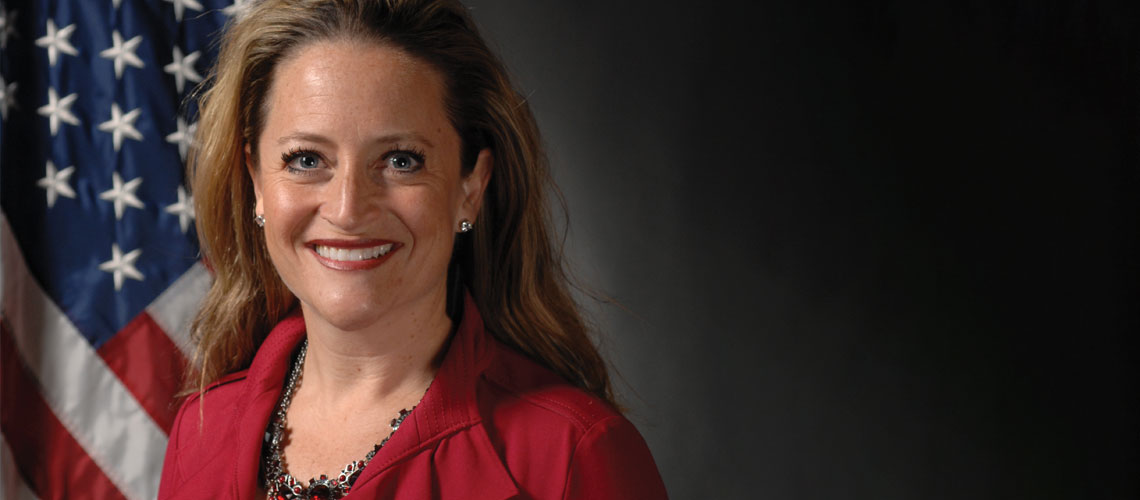
Melissa Rueschhoff
You’re the first military spouse to become a licensed Hawai‘i attorney under the military spouse reciprocity rule enacted in July 2018. How does Hawai‘i compare to other places you’ve practiced in terms of human trafficking issues and internet crimes against children?
Unfortunately, we see these heinous crimes at home and abroad. Many states have been pioneers in identifying the problem and working to establish a collaborative effort amongst 501(c)(3) organizations, law enforcement and prosecution offices, as well as coming together at the legislative level to get new laws enacted. Texas and Arizona are two such states. I gained a wealth of information from practicing in these two states that I hope to utilize here in Hawai‘i. The Hawai‘i attorney general’s office is a trailblazer here on island. They recently received a federal grant for an ICAC (Internet Crimes Against Children) unit to prosecute these cases. They are also actively involved in the Coalition Against Human Trafficking.
What needs to happen to better address these issues locally? Is there anything people in the community can do to help the cause?
The first step is recognizing that this problem affects all of us and our humanity. It’s easier not to acknowledge the issue exists, especially here in paradise, but it’s as prevalent here as anywhere. The good news is, I’ve seen the conversation start in social, academic and professional circles. It’s encouraging to hear people talking about it and recognizing it in Hawai‘i. They’re asking for more information, searching for ways to protect our keiki and educating themselves on how to see the signs in this vulnerable population.
This crime rarely happens because a stranger in a dark alley abducts a child. This is a crime that begins with our keiki being groomed by adults they love and trust. These young victims believe they are complicit in the decision to get involved or stay involved in sex trafficking—they are bribed, coerced or threatened—and it is incumbent upon our community to protect them. This is precisely the reason that most states have laws making child sex trafficking a felony offense.
The community can get involved in several ways—understanding the problem exists, seeking more information, sharing what they learn with their peers, advocating for more stringent state laws, donating their time and/or money to the cause and volunteering with those rescued. Ho‘ola Na Pua is a great place to start.
Has your stance or definition of justice changed over the course of your career in law?
I chose the path of a prosecutor because it allowed me to be a voice for those who can’t or won’t speak out against injustice. Starting as a prosecutor in 1998, I was focused first on assessing the merits of the case and then, if justified, on prosecuting to the fullest extent. My ethics and morals haven’t changed, but I’ve become more open-minded and apt to see all angles.
The key is to ask yourself if you’re doing the right thing at the right time for the right reasons. And I think we can all agree that child sex trafficking is the right cause to battle right now and to continue battling until the more than two million children enslaved in this horrific life are free.
What do crime shows like Law & Order: Special Victims Unit get wrong (or right) about your practice?
I know many doctors choose not to watch medical shows and law enforcement officers choose not to watch police dramas, but I enjoyed watching this particular show for the creative fact patterns, legal issues and resolutions. Many of them were realistic and relevant. Law enforcement, prosecution and judges are portrayed as having a good working relationship, which is vital in real life. However, the idea of investigating a crime scene, gathering evidence, conducting witness interviews, setting hearings and going to trial within one hour, or even one year, is not realistic.




